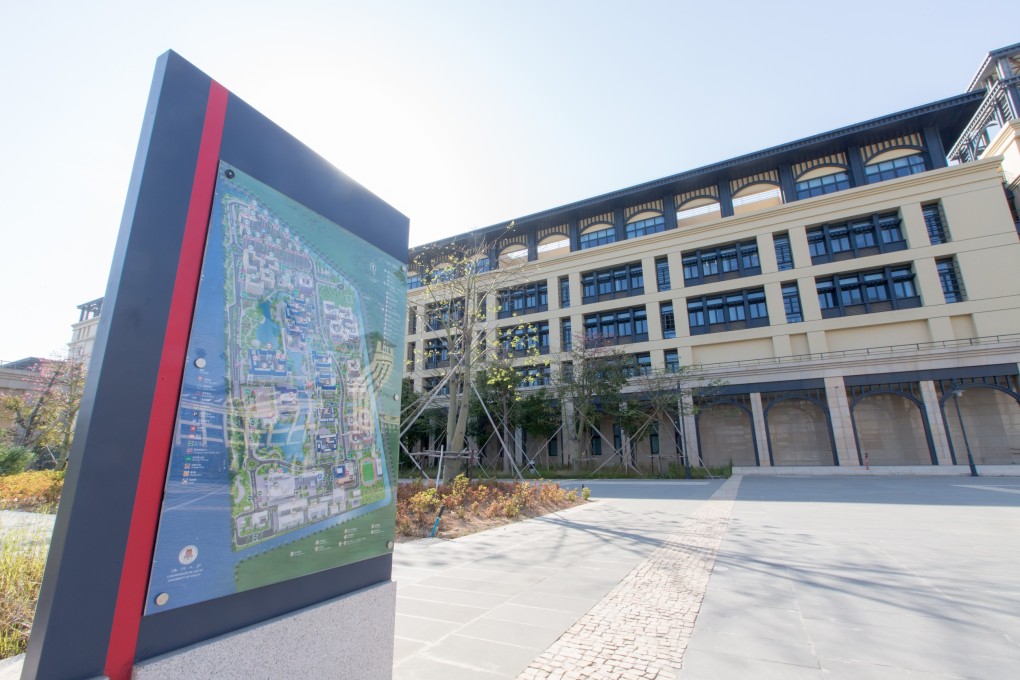Learning through college life at UMacau
[Sponsored Article] The University of Macau (UMacau) promotes a “4-in-1” pedagogical model that consists of a discipline-specific education; general education; research and internship education; and community and peer education.

[Sponsored Article]
The University of Macau (UMacau) promotes a “4-in-1” pedagogical model that consists of a discipline-specific education; general education; research and internship education; and community and peer education.
Modelled after the English and US residential hall traditions of universities such as Oxford, Cambridge and Yale, UMacau’s residential college system is geared towards fostering students’ learning and whole person development within a community and through interaction with one another.
All first-year undergraduate students, regardless of whether they are local Macau residents, from the mainland or from overseas, are placed in residential colleges to experience communal living for at least one academic year. “This system allows our academic staff to have close and regular contact with the students and offer personal counselling to help solve whatever problems they may have and guide them through all aspects of living on campus,” says Professor Chung, Master of the Cheng Yu Tung College, and a distinguished scholar in comparative literature and a writer.
Each residential college has four academics in-residence aided by 20 student floor tutors. UMacau now has eight residential colleges and expects to increase to 12 in the near future.
According to Professor Chung, each college hosts about 500 boarding students and has its own unique characteristics, but all share the same objective of cultivating future leaders. “Students majoring in different subjects live in the same community where they are able to learn from the teachers, student leaders and their peers from different backgrounds and cultures, develop a sense of responsibility, and know how to live an independent life while respecting other people’s ideas and caring for society,” says Professor Chung.
Students are offered plenty of opportunities to develop leadership skills and collaborate with other people to make things happen. And there is no risk of a student becoming isolated during their time at the residential college. “It is mandatory that each student participates in at least two activities per semester organised by the Master, the College Student Association or the college’s 20 student floor groups. The students need to prepare and submit proposals for approval and apply for activity funding,” says Professor Chung, adding that her college organises a wide variety of activities for students such as talks and seminars by experts and leaders in society, as well as the high-table dinner for students to understand western dining etiquette. “This will definitely enrich the students’ life experience and shape their character” she explains.